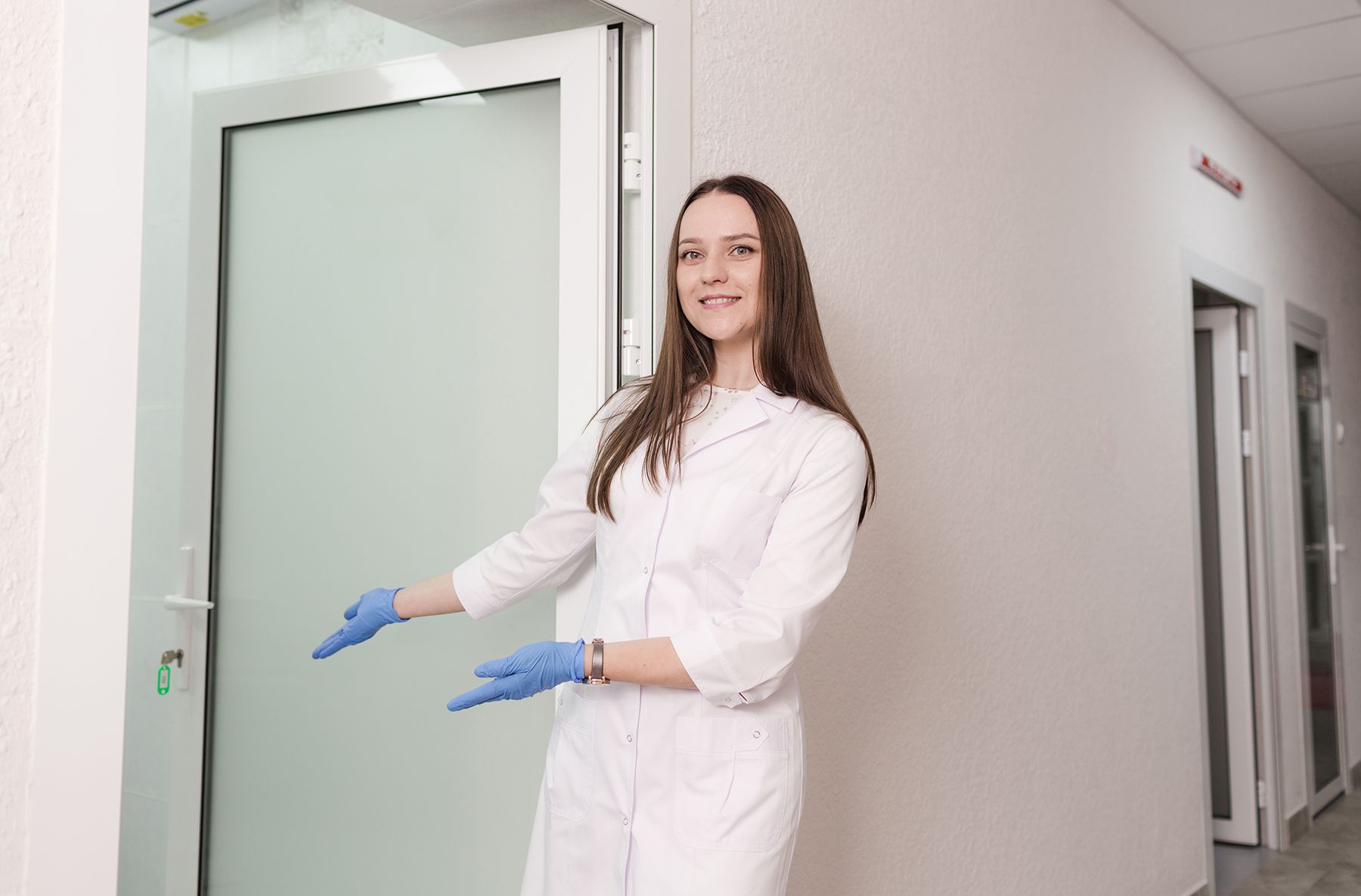How Today’s Dental School Graduates Can Start Their Own Practices – Even with High Student Debt
When health care lenders are looking to make loans, they are not focused on a student’s total debt.
How Today’s Dental School Graduates Can Start Their Own Practices – Even with High Student Debt | Image Credit: © Tatsiana - stock.adobe.com

As a healthcare banker at U.S. Bank, I talk all the time with dentists who want to start their own practices. The question I often hear: Can I get financing to start or acquire a practice–even with all my dental school debt?
My answer can surprise them: Yes, they can–if they build a practice the right way, with the right support.
The critical factor is cash flow. When healthcare lenders are looking to make loans, they are not focused on a student’s total debt. Instead, their concern is whether a practice’s income can cover a dentist’s monthly payments. And that is possible in today’s marketplace, especially in growing communities where the demand is strong for dental services.
To be sure, dental school debt is top of mind as students finish their training and start practicing. In 2022, the average debt of graduating dental students was $293,900, according to the American Student Dental Association. Many graduates leave with a significant amount more than this.
Today’s dentists have choices when it comes to the business structure they use to serve patients, but owning a private practice remains a dominant option. According to 2023 data from the American Dental Association’s Health Policy Institute, more than 72 percent of dentists in private practice were owners.
From my experience, these practitioners like being their own boss, building their own brand, and being able to treat patients the way they think is best. Establishing an independent practice can also be an excellent way to build wealth and support a family over the long-term.
Start-up Or Acquisition?
For dentists who take this route, the first major decision is whether to start a practice from the ground up or to acquire an existing one. Both have advantages and disadvantages.
A start-up practice launches with new equipment, and the owners can run their operations and treat their patients as they see fit. The major disadvantage, of course, is starting with zero revenue and no existing patients.
Meanwhile, acquiring a practice provides a dentist with an existing staff and patient base. But the equipment is used, staff may be set in their ways, and the dentist’s treatment style may or may not mesh with the patients’ expectations. All of these factors are important to consider before dentists set out on their own.
The Importance of Cash Flow
The next question for aspiring practice owners is how to finance their start-up or acquisition. This is where the critical factor of cash flow comes into play.
Specialized healthcare bankers are typically cash flow lenders, meaning they don’t concentrate on the outstanding debt. They look at a graduate’s monthly student debt payments and whether they can be covered by the profit produced by the practice.
In analyzing a potential loan, bankers are looking at both sides of the equation. What are the monthly debt payments a graduate expects to owe? And what are the revenue prospects of a practice? If the income is sufficiently greater than the debt, 100 percent financing is an option.
On the debt side of the equation, many dental school graduates have been able to make their monthly school loan payments more manageable by using Income-Driven Repayment (IDR) plans offered by the U.S. Department of Education. With these plans, payments are based on ability to pay, rather than the total balance, helping reduce debt payments.
On the income side, a specialized healthcare lender will examine a practice’s business plan to understand projected revenue and profit. Overall, the outlook for independent practices has been positive in recent years, as more offices are adding procedures and hours, and fee schedules are increasing. In 2022, the median gross billings per dentist for owner dentists in private practice was nearly $750,000, up 8 percent from the previous year, according to the Health Policy Institute.
This growth in revenue gives bankers confidence that borrowers will be able to meet their business and personal obligations, such as college, home, and auto debt. Of course, there are variables for each individual practice such as location and specialty.
Surrounding Yourself with Experts
Finally, dentists should consider the terms of their financing before signing on the dotted line and make sure they are working with partners with expertise in healthcare.
Specialized healthcare lenders can often provide longer-term financing options–10 to 15 years on non-real estate loans. These loans require smaller monthly payments, an advantage over the 5- to 7-year loans offered by some other lenders. A banker with expertise in healthcare can also offer money movement, back-office software, wealth management, and other services that can support dentists as they build their practices.
Besides picking the right banker, it’s important for practitioners to surround themselves with additional experts–accountants, attorneys, and consultants with extensive experience in the healthcare industry. They can help craft a business plan that maximizes efficiency and revenue so a practice will produce the necessary cash flow to secure financing.
Today’s dental students may be graduating with significant debt, but many still want to work for themselves, as they pursue flexible schedules, seek to build businesses that can sustain their families, and most importantly, develop care models that best fit their patients’ needs. With the help of a banker steeped in their industry, and the support of other experts, these dentists can be optimistic about obtaining the financing they need to pursue their dreams.
Editor’s Note: This article was originally published in Medical Economics on May 29, 2024 and can be read at: https://www.medicaleconomics.com/view/how-today-s-medical-school-graduates-can-start-their-own-practices-even-with-high-student-debt